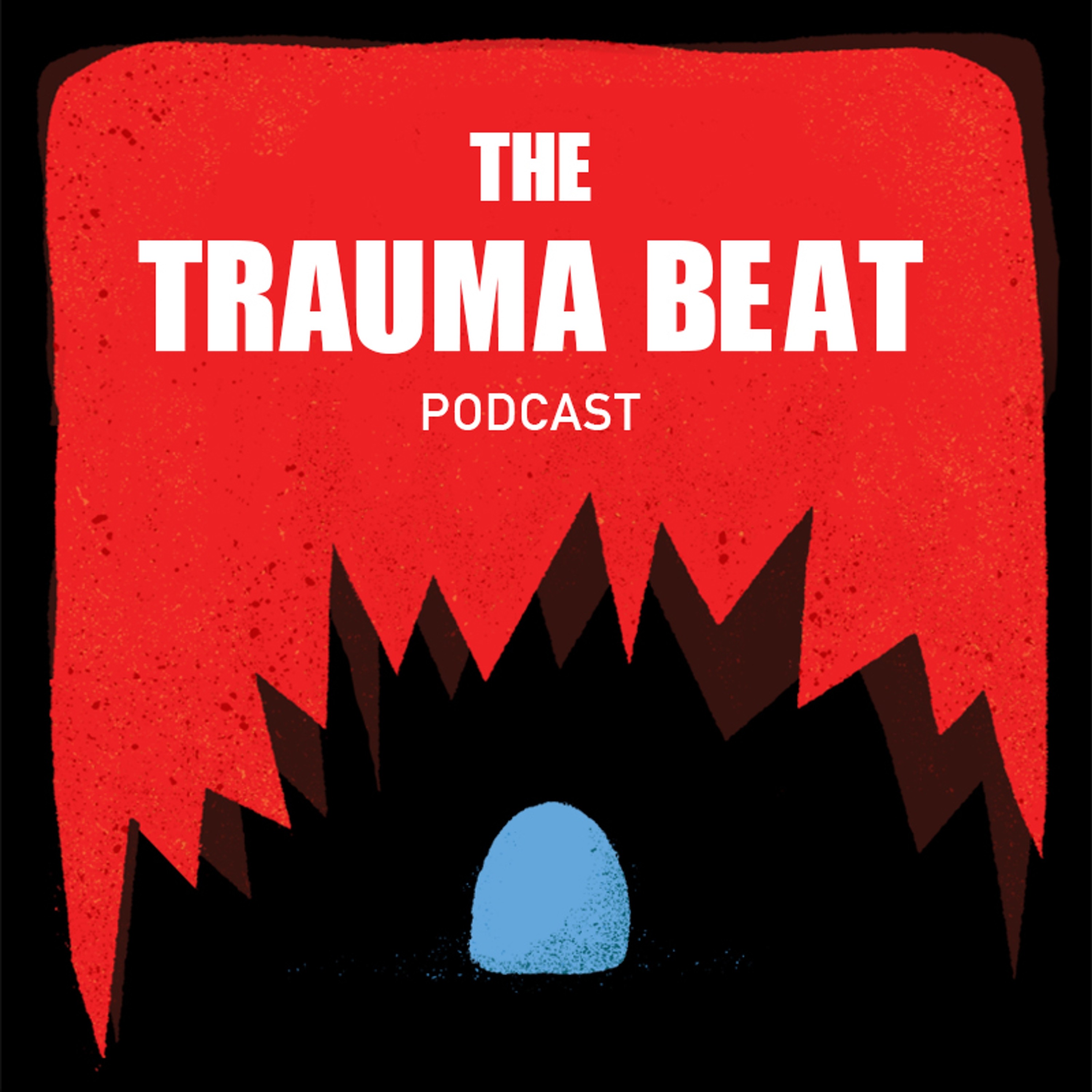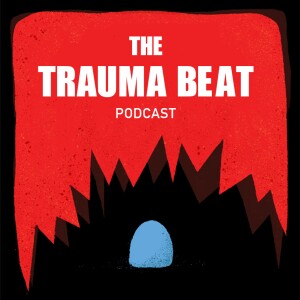
3K
Downloads
23
Episodes
Hosted by award-winning journalist, trauma researcher and author Tamara Cherry, The Trauma Beat podcast features conversations with trauma survivors, survivor support workers, investigators and journalists. From homicides to traffic fatalities and sexual violence to mass violence, The Trauma Beat explores how the news media covers traumatic events, the impact this coverage has on survivors and journalists, and how we all might be able to tell (and consume) these very important stories, better. Based on Tamara’s book, The Trauma Beat: A Case for Re-Thinking the Business of Bad News.
Episodes

Monday Oct 30, 2023
The Trauma Beat - #8 - Louise Godbold
Monday Oct 30, 2023
Monday Oct 30, 2023
Louise (Lou) Godbold is many things.
She is a silence breaker, a trauma expert, and a non-profit leader. But the title most often associated with Lou in her conversations with the media — and there have been many — is “Weinstein survivor.”
“I speak a lot with survivors of sexual violence, and I speak a lot with those who have that next layer of trauma…where they're exposed to a lot of media interest, not because of who they are, but because of who their abuser is,” Lou says in conversation with host Tamara Cherry. “And that's a very unique situation to live through.”
Lou recalls a three-hour interview she granted for a documentary, during which she disclosed childhood sexual abuse that she had not yet disclosed to her mother. She describes the harmful events that followed, when she (wrongly, as it turned out) assumed that this portion of her interview would make it into the documentary.
Lou provides invaluable insight into how journalists can tell the very important stories of trauma survivors, better. She also has advice for survivors who might be faced with media attention. She discusses the problem of survivors feeling like commodities that are “disposed of” following their interviews. She also explains the physiological impact of trauma, including how repeating one’s traumatic story can lead to long-term physical health problems, and the importance of centering a survivor’s experience throughout the facts-gathering and storytelling process.
“Ask the survivor what works for them,” Lou says. “That is what being survivor centered is all about. That is what being trauma informed is all about.”
Resources:
Do No Harm: A Media Code of Conduct for Interviewing Trauma Survivors: https://psmag.com/ideas/a-code-of-conduct-for-how-media-should-interview-survivors-of-sexual-trauma
Echo Training: https://www.echotraining.org/trauma-training/
Infographic: How to Support Someone Who Has Experienced Trauma: https://www.echotraining.org/support-trauma-survivor-infographic/
Infographic: Trauma-Informed Arrow: https://www.echoparenting.org/dev/wp-content/uploads/2018/08/Echo_Arrow_Print_8x11.pdf
Survivor Questions for Reporters: https://www.echoparenting.org/dev/wp-content/uploads/2023/10/SurvivorQuestions_Poster_CMYK.pdf
Silence and Omissions: A Media Guide for Covering Gender-Based Violence: https://gbvjournalism.org/
This conversation was recorded in March 2022.
As per trauma-informed practice, each guest in The Trauma Beat podcast is afforded the opportunity to review and veto a list of anticipated questions before the recorded conversation. Ongoing, informed consent is sought throughout the production process.
For more trauma-informed journalism resources, visit pickupcommunications.com.
If you'd like to be a guest on the show or inquire about sponsorship opportunities, please email contact@pickupcommunications.com.

No comments yet. Be the first to say something!